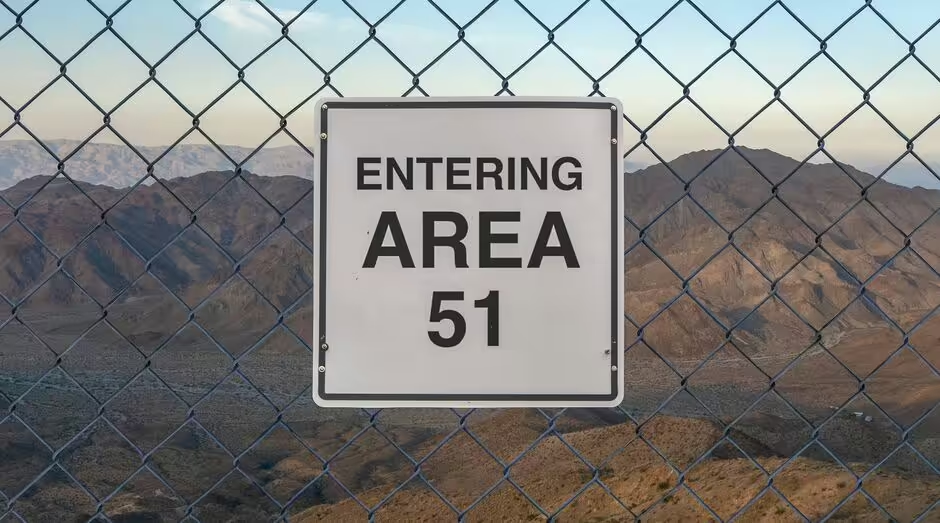Did you know that every year, 316,032 Americans are arrested for being drunk? The FBI says that being drunk or publicly drunk is a crime. It is a misdemeanor crime so that the drunk person doesn’t bother or hurt other people. Drunk driving and murder are examples of crimes that are related to alcohol.
When it comes to being in any kind of legal alcohol trouble, getting to know the difference between DUI and public intoxication is important. You may think both offenses are similar, but they can really differ in implication. DUI is the act of driving under the influence, whereas public intoxication is being visibly impaired out in public. The consequences for each could have a huge bearing on your future. So what must one consider about the legal standards and punishments?
Definition of DUI and Public Intoxication
A DUI is charged when a person drives through intoxication by alcohol or drugs. But actually, a DUI always has some component of driving in it. DUI lawyer Eric Alan Berg, Esq., says that driving under the influence can be seen as an aggravating factor if your actions while driving impaired led to other crimes, such as property damage or hurting someone else.
Public intoxication means intoxication or visible impairment of an individual in public, whether he/she is driving or not. Sometimes in some places or under some laws, one gets arrested or fined because of it.
Legal Standards and Evidence Required
Understanding the nature of legal standards and the types of evidence in DUI-public intoxication cases would be quite helpful for you because these criteria could otherwise decide very fundamentally upon your acquittal or conviction.
A DUI indictment requires the officer to prove you were actually under the influence of alcohol or drugs through a breathalyzer test, field sobriety tests, and other witness testimony.
A public intoxication charge must have another type of evidence to prove that the defendant was visibly impaired in a public space—centered on a possible disturbance or safety risk. A public intoxication lawyer states that if you’re drunk in public but not causing trouble, you won’t be charged. If you’re drunk and breaking the law, you may only be charged with being drunk and disorderly.
Knowing these can give you a better footing to stand on while trying to solve any situation you might find yourself in.
Potential Penalties for DUI
If a DUI charge is being processed against you, it would be wise to be conversant with all the potential penalties that may result from such an offense.
For the first offenders, court-directed penalties usually include a fine, suspension of the driver’s license, and, under some instances, mandatory alcohol education programs. The penalties increase with multiple convictions: higher fines, suspension of the license for a longer period, or even imprisonment.
Perhaps community service may be assigned as well. Plus, a DUI is definitely going to jack up your insurance rates or might even cancel your coverage altogether. Since each state has a law of its own, each case’s may differ.
Potential Penalties for Public Intoxication
Public intoxication certainly presents heavy consequences, and if you were caught in a compromising situation, you may get fined anywhere between hundreds and thousands of dollars.
Other states may require you to do community service or take some programs on alcohol education so you can learn about the dangers of excessive drinking. Going to jail is usually reserved for more serious offenses, especially if you are a repeat offender; for first-time offenders, any jail time is quite brief.
In addition, any citation or tickets that the police give you are only going to add to your embarrassment and capture in your social life.
Remember that all these laws are different from one state to another; be aware of the legislation in your area so that you will not have to suffer undesirable penalties.
Impact on Criminal Record and Future Consequences
Bearing penalties for public intoxication might cause lasting effects stretching far beyond the simple fine or community service imposed. If convicted of the offense, it often goes down as a criminal record of yours, which might prejudice any opportunity you may have in the future.
Employers, landlords, and even schools might see this blot on your record and may make it harder for you to obtain a job, location, or scholarship. Increased insurance fees may be followed by further legal ramifications if you return to court again.
Petty offenses can actually forcefully impact one’s life. And knowing this can help you avoid these consequences and move forward with confidence in the community.






